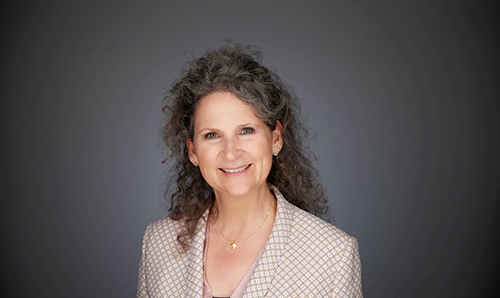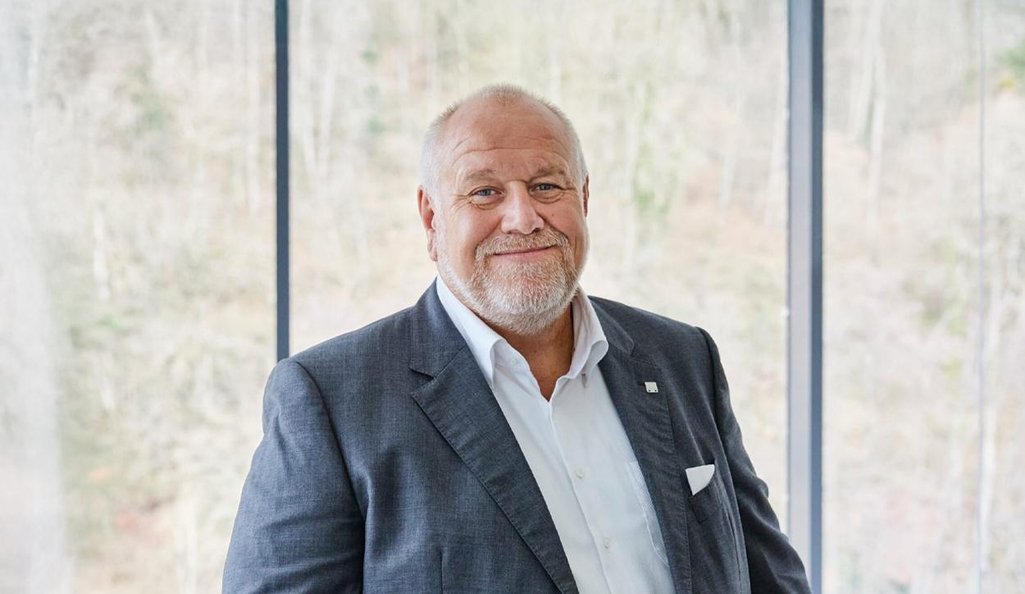Inspiring transformation
Public messages about climate change often highlight collapse and loss, such as the disruption of ecosystems, the loss of biodiversity, and supply chain breakdowns. If framed in this way, such messages can inadvertently cultivate resignation, leading to inaction. However, we can inspire change by communicating the potential for businesses and societies to be part of solutions rooted in collaboration, regeneration, and creativity.
The question for businesses, then, is how to acknowledge the seriousness of our global challenges while fostering a sense of shared responsibility and opportunity. As businesses focus on living systems language (as opposed to war and mechanistic metaphors) they can empower employees and stakeholders to take meaningful action, encouraging creativity and innovation as essential tools for addressing climate challenges. Rather than despair, the tone could be one of possibility and potential. It may even be helpful to speak about ‘becoming’ versus change as this implies agency of the individual, group, or organization.
Human psychology is designed to respond to challenges, but how we frame these challenges matters. A fear-based approach can lead to narrow thinking, or a ‘fixed mindset.’ Carol Dweck’s research into mindsets shows how important it is to move beyond such limiting frames. A ‘growth mindset’ embraces learning, potential, and openness to new ways of thinking and working. This mindshift can be a powerful guide for businesses tackling climate change, encouraging them to view this not as a problem to avoid, but as an opportunity to evolve, learn, and contribute to a living system.








 Audio available
Audio available